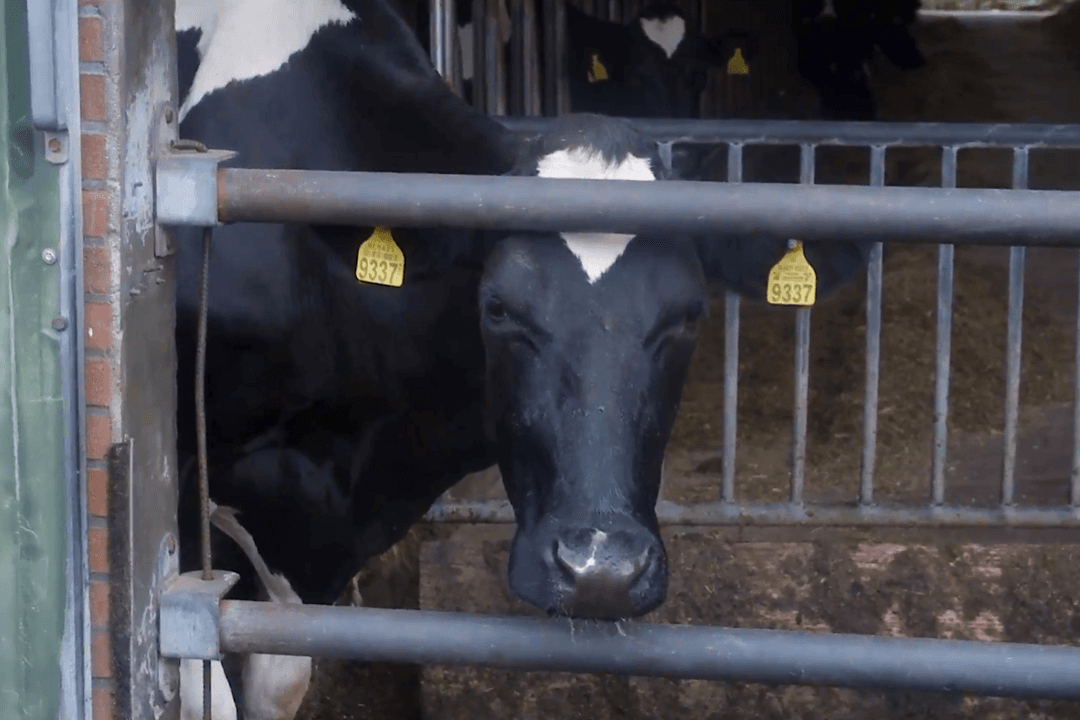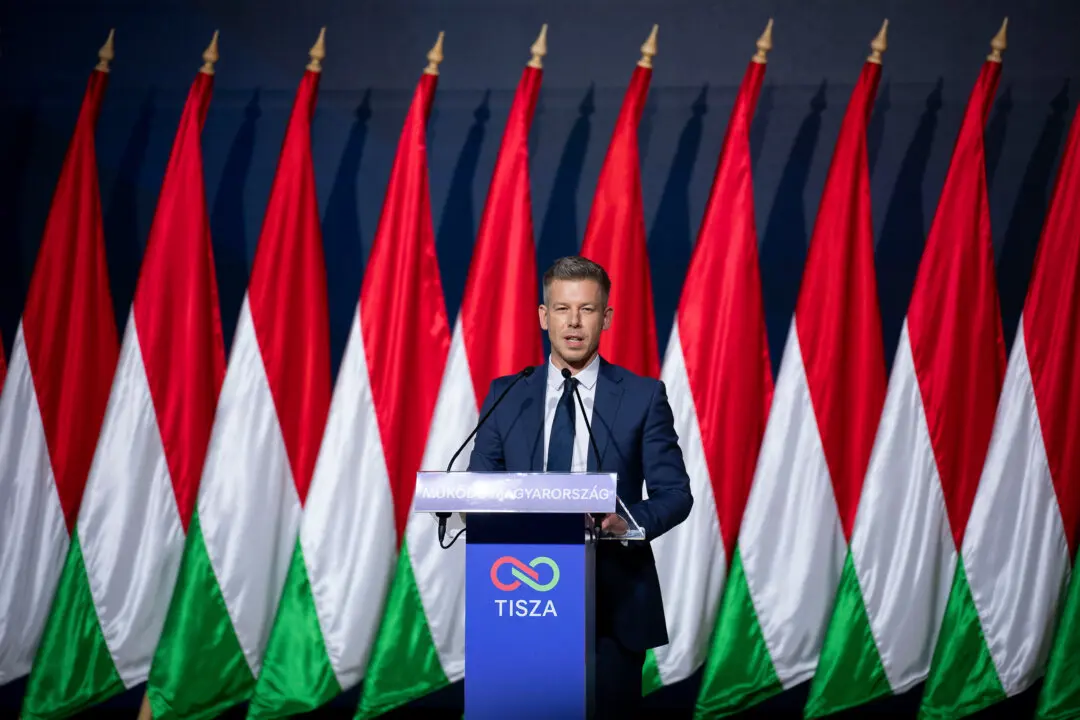The European Commission has approved a major scheme to compensate farmers in the Netherlands for voluntarily closing livestock farms in nature conservation areas.
On Wednesday, the Commission said the 700 million euro ($762 million) initiative aims “to improve the quality of the environment and promote more sustainable and environmentally friendly production in the livestock sector.”





